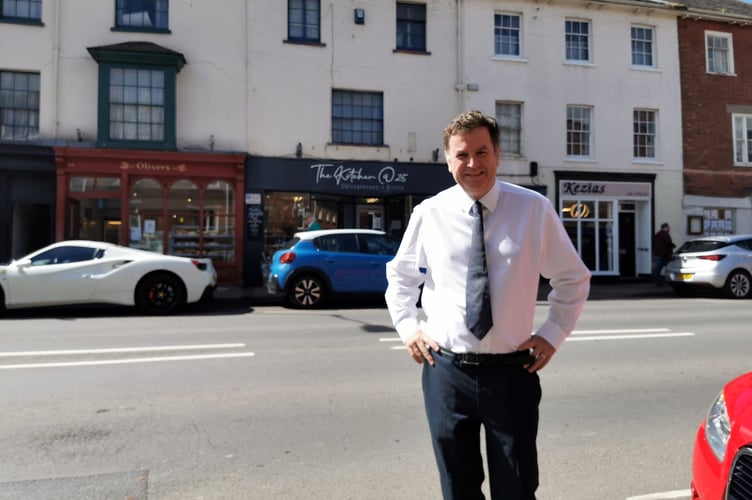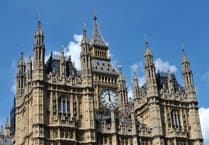SINCE first being elected to Parliament in 2010 I have visited hundreds of local businesses in our constituency.
These range from large employers such as Crediton Dairy with an annual turnover in excess of £100 million, to small businesses run by a single person.
My visits have covered a wide range of sectors from manufacturing to agriculture, from fashion to engineering, and from hospitality to outdoor pursuits.
While my own background is in businesses (I started my own from scratch and ran it for more than 20 years before stepping back to seek election to Parliament), every business is different and each visit has been an opportunity to listen and to learn, and to provide help where I can.
Sometimes I have looked into an issue just affecting a single business and other times I have taken up a wider problem affecting an entire industry.
For example, after meeting many independent shop owners struggling with business rates, I took action when serving as a Treasury Minister to reduce business rates for the majority of small high street traders by a third.
After listening to the concerns of local NFU members, I led legislation that introduced fines of up to £100million for supermarkets that deal unfairly with our farmers.
I have pressed successfully for additional investment in our Post Office network and helped to scrap the beer duty escalator (a major coup for the industry).
As Chair of the Treasury Select Committee during the pandemic, I helped to secure greater financial support for the self-employed.
One subject I often speak to businesses about is the environment.
Many are keen to reduce their carbon footprint, but don’t know where to get started.
This is not unique to our constituency and last week the government launched the UK Business Climate Hub for exactly this purpose.
It includes a free carbon calculator and a suite of new tools to help businesses measure, track and report on their emissions and save money by using less energy.
It offers detailed advice on sourcing products from green suppliers, reducing emissions from freight and logistics, and cost-effective ways of installing solar panels and electric vehicle charging points.
Other advice includes:
• obtaining business grants, green loans and financing for a retrofit,
• installing an air source heat pump,
• generating green energy with a wind turbine and selling it back to the grid,
• reducing emissions from farming and land use,
• buying credible carbon offsets,
• sourcing low-carbon product labels and certifications,
• reducing waste and recycling more.
We should be very proud that the UK has cut its emissions more than just about any other major economy in the world in recent decades, but there is a huge amount more to do if we are to reach our goal of net zero emissions by 2050.
Helping businesses to go greener is another step in the right direction.
More from Mel at: www.melstridemp.com or follow him on X (Twitter) @MelJStride.



Comments
This article has no comments yet. Be the first to leave a comment.